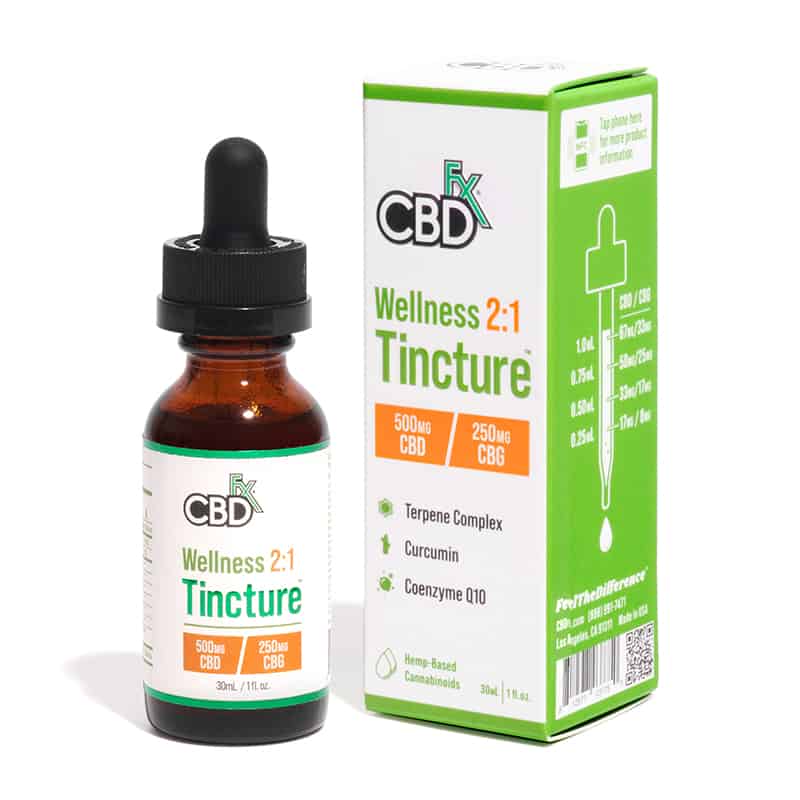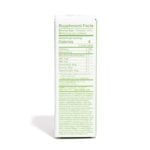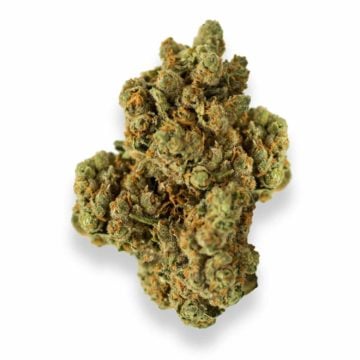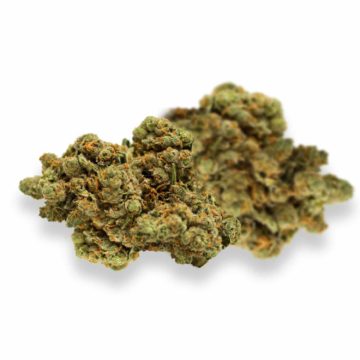
What is CBD: Understanding Cannabidiol
In this comprehensive guide, we will delve into the world of CBD (cannabidiol) to provide a clear understanding of what it is, its origins, potential benefits, usage, legal status, and considerations. Whether you’re new to CBD or seeking to deepen your knowledge, this article will cover all the essential aspects.
This post is intended as information and for general knowledge only. It is not a substitute for medical advice, diagnosis, or treatment. It is recommended that you talk to a healthcare professional about this before introducing cannabinoids into your daily routine (especially if you have been diagnosed with any medical conditions or are under any medication). It is not recommended to drive or operate any machinery when using cannabis- or hemp-derived products. Use responsibly!
What is CBD
Cannabidiol (CBD) is a naturally occurring compound found in the cannabis plant. It is one of over a hundred cannabinoids identified in cannabis. CBD can be extracted from both hemp and marijuana plants. Hemp-derived CBD contains minimal THC, the psychoactive compound, making it non-intoxicating.
Differences between CBD and THC
Unlike THC, CBD does not produce a “high” and has different effects on the body’s endocannabinoid system.
History and Origins of CBD
Historical Use of Cannabis
Cannabis has been used for centuries in various cultures for medicinal, recreational, and industrial purposes.
Discovery and Isolation of CBD
CBD was first isolated in the 1940s and its chemical structure was elucidated in subsequent years.
Role in Traditional Medicine
Traditional medicine systems, such as Ayurveda and Traditional Chinese Medicine, have historical references to cannabis use for various ailments.
How Does CBD Interact with the Body

Endocannabinoid System Overview
The endocannabinoid system (ECS) plays a crucial role in regulating various physiological processes, including mood, pain sensation, appetite, and more.
CBD’s Interaction with Receptors (CB1 and CB2)
CBD interacts with both CB1 and CB2 receptors in the ECS, influencing their signaling and potentially providing therapeutic effects.
Modulation of Neurotransmitter Release
CBD’s effects on neurotransmitters like serotonin and anandamide contribute to its potential impact on mood, anxiety, and overall well-being.
Potential Benefits of CBD
- Pain Management and Anti-inflammatory Effects: CBD’s interaction with receptors and neurotransmitters may contribute to its analgesic and anti-inflammatory properties.
- Anxiety and Stress Reduction: Anecdotal evidence and some studies suggest that CBD could help alleviate symptoms of anxiety and stress.
- Sleep Disorders and Insomnia: CBD may influence sleep cycles and improve sleep quality for individuals with insomnia.
- Epilepsy and Seizure Disorders: Epidiolex, a CBD-based medication, has been approved for the treatment of certain types of epilepsy.
- Emerging Areas of Research: Ongoing studies explore CBD’s potential in neuroprotection, skin conditions, and other health domains.
Different Forms of CBD Products
- CBD oil is a common form, often taken sublingually for faster absorption. Tinctures offer precise dosage control.
- Edibles and capsules provide a convenient way to ingest CBD, but effects may take longer to manifest due to digestion.
- Creams, balms, and lotions infused with CBD can be applied directly to the skin for localized relief.
- Isolates contain pure CBD, while full-spectrum products retain other beneficial compounds found in the cannabis plant, potentially enhancing the “entourage effect.”
Choosing and Using CBD Products Safely
Determining the Right Dosage
Dosage varies based on factors such as body weight, desired effects, and product potency. Start with a low dose and gradually increase.
Consulting with Healthcare Professionals
It’s important to consult a healthcare provider, especially if you’re on medications or have underlying health conditions.
Checking Product Quality and Third-party Testing
Look for products with transparent third-party testing to ensure accurate CBD content and absence of contaminants.
Possible Side Effects and Interactions
Side effects like dry mouth, diarrhea, and changes in appetite can occur. CBD may also interact with certain medications.
Legal Status of CBD
Hemp-derived vs. Marijuana-derived CBD
CBD derived from hemp (with less than 0.3% THC) is legal federally, while marijuana-derived CBD is subject to state laws.
The Farm Bill and Its Impact
The 2018 Farm Bill legalized hemp cultivation, leading to increased availability of hemp-derived CBD products.
Variation in CBD Legality by Region
CBD’s legality varies by country and state, so understanding local regulations is essential.
Considerations and Precautions
- Mixing CBD with Other Medications: CBD’s interaction with liver enzymes may affect how certain medications are metabolized, warranting caution.
- Pregnancy and Breastfeeding Considerations: Limited research exists on CBD’s effects during pregnancy and breastfeeding, so it’s advised to avoid it during these periods.
- Potential Allergic Reactions: While rare, some individuals may experience allergic reactions to CBD or other components in CBD products.
- Long-term Effects and Research Gaps: Long-term safety and effects of CBD require further research, and it’s wise to approach its use with moderation.
Myths and Misconceptions about CBD
CBD’s Psychoactive Properties
CBD is non-psychoactive, meaning it doesn’t induce a “high” sensation like THC does.
Cure-all Claims and Scientific Evidence
While CBD shows promise in various areas, it’s not a cure-all, and more rigorous research is needed to validate its potential benefits.
Differentiating CBD from Medical Marijuana
CBD and medical marijuana are distinct; CBD lacks the intoxicating effects of THC and is legal in more contexts.
Future of CBD Research and Industry
Ongoing Studies and Clinical Trials
Research continues to explore CBD’s effects on a wide range of conditions, driving innovation in the field.
Exploration of New Therapeutic Applications
Scientists are investigating novel applications for CBD, including mental health, neurodegenerative disorders, and more.
Market Trends and Regulations
As CBD gains popularity, regulations are evolving to ensure product quality and consumer safety.
Conclusion
With a solid grasp of what CBD is, its potential benefits, safe usage, and legal considerations, you are now equipped to make informed decisions about integrating CBD into your wellness routine. Remember to stay updated on the latest research and consult professionals when needed to ensure a safe and effective CBD experience.















